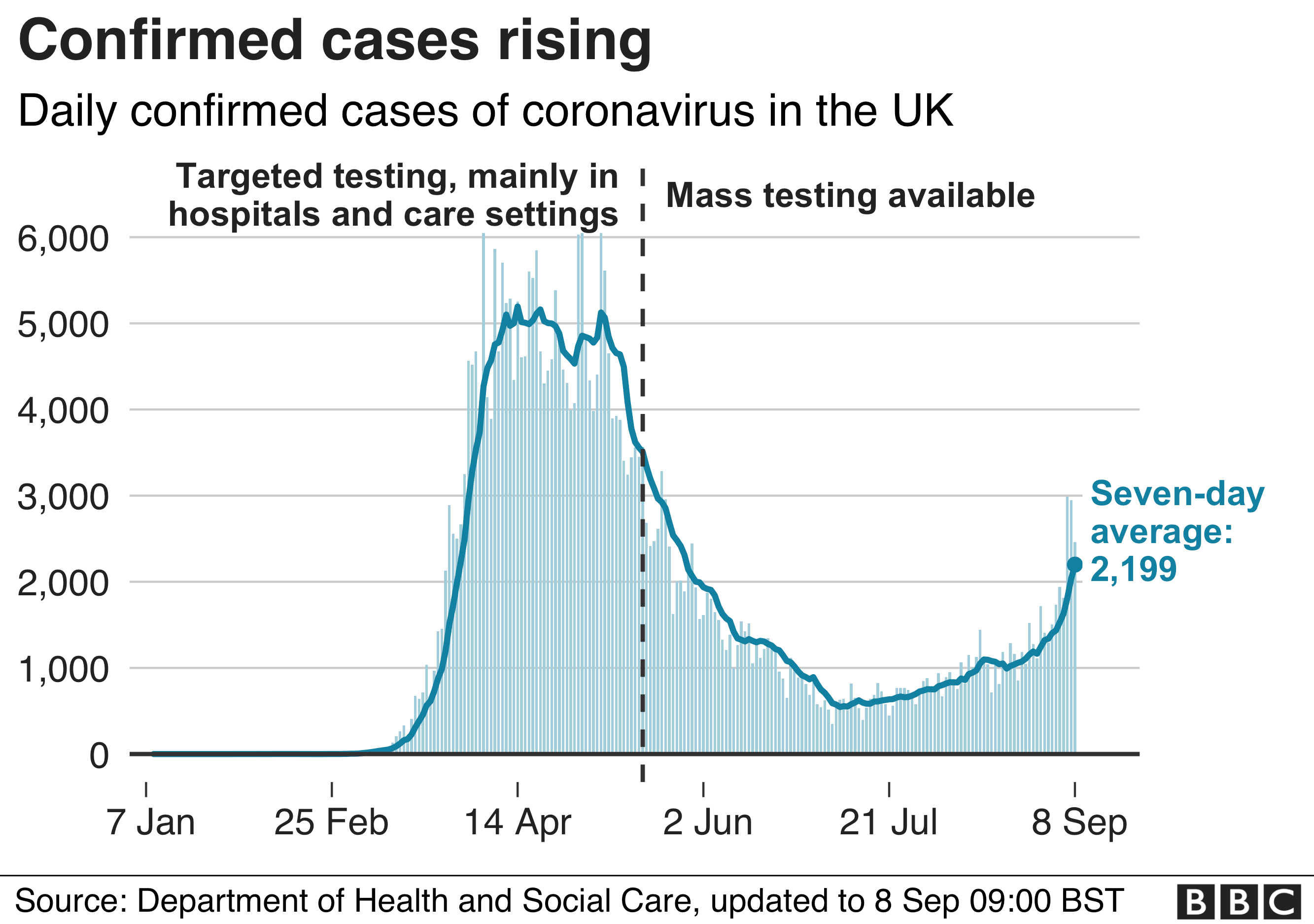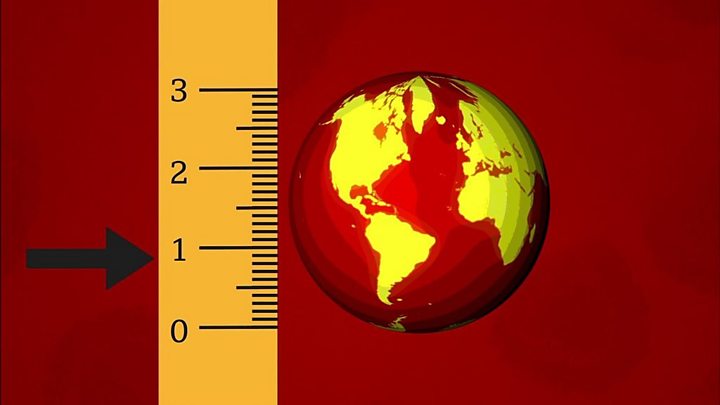Social gatherings of more than six people will be illegal in England from Monday – with some exemptions – amid a steep rise in coronavirus cases.
A law change will ban larger groups meeting anywhere socially indoors or outdoors, the government said.
But it will not apply to schools, workplaces or Covid-secure weddings, funerals and organised team sports.
It will be enforced through a £100 fine if people fail to comply, doubling on each offence up to a maximum of £3,200.
Several exemptions apply to the new rules – which come into force on 14 September.
Prime Minister Boris Johnson is expected to give further details at a Downing Street news conference later on Wednesday.
Previously, guidance in England allowed gatherings of up to six people from different households outdoors – or two households of any size, indoors or outdoors. But until now the police have had no powers to stop them unless they exceeded 30.
Ahead of the news conference, the PM said: “We need to act now to stop the virus spreading. So we are simplifying and strengthening the rules on social contact – making them easier to understand and for the police to enforce.
“It is absolutely critical that people now abide by these rules and remember the basics – washing your hands, covering your face, keeping space from others, and getting a test if you have symptoms.”
No 10 said any group of seven or more people gathering anywhere “risks being dispersed by police or fined for non-compliance”.

At-a-glance: What are the new rules?
- Social gatherings of more than six people in England will not be allowed in law from Monday 14 September
- The new rule applies to private homes, indoors and outdoors, and places such as bars and cafes
- The rule does not apply to schools and workplaces, or weddings, funerals and organised team sports
- A full list of exemptions is due to be published before the law changes
- People who ignore police could be fined £100 – doubling with each offence to a maximum of £3,200

The change applies to people in England of all ages, and to gatherings indoors and outdoors, in private homes, public outdoor spaces, and venues such as pubs and restaurants.
BBC political correspondent Nick Eardley pointed out that pubs and restaurants would be allowed to have more than six customers inside, but that the groups of six would have to be socially distant from each other.
The rationale behind allowing this, but not allowing larger groups of people inside other people’s homes, is that businesses can only be open if they follow safety and hygiene measures set out by the government, he added.
Downing Street said Mr Johnson held a virtual roundtable with police forces last week, and heard officers wanted clearer rules and enforcement on social contact.

The devolved administrations in Scotland, Wales and Northern Ireland are able to set their own coronavirus restrictions and, while largely implementing similar rules, have moved at their own pace during the pandemic.
The number of people meeting outside and indoors varies in the UK’s four nations. If you are meeting indoors: up to eight people from three different households can meet in Scotland; up to six people from two households in Northern Ireland; up to four households can form an “extended household” in Wales.

What is the R number and what does it mean?
Ministers and government advisers earlier expressed concern over a “sharp rise” in cases and a “heartfelt” apology was issued following shortages in England’s testing system.
Overall, there have been 8,396 new cases reported since Sunday – with 2,460 reported on Tuesday alone.
There were also 32 deaths reported, but these will not have been related to the most recent rise in cases.
BBC



